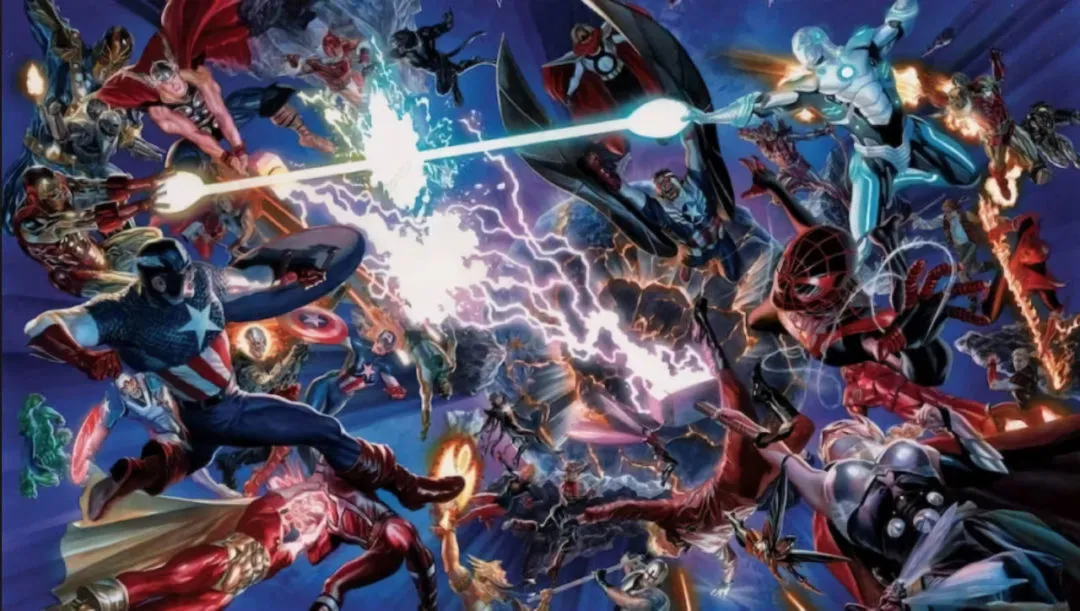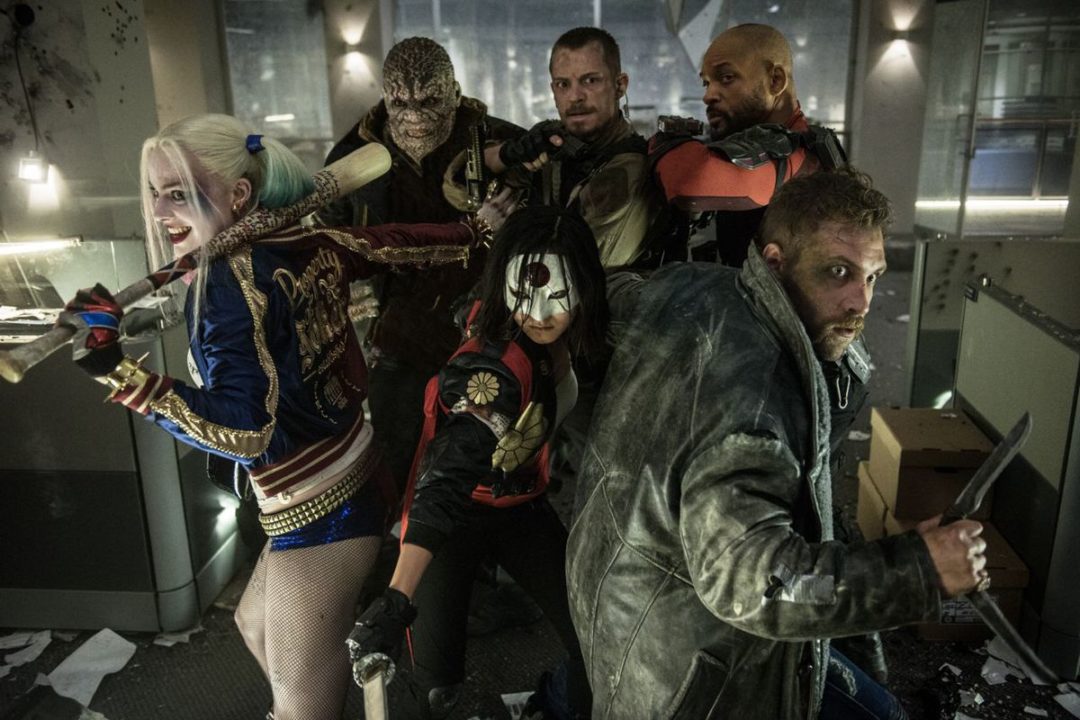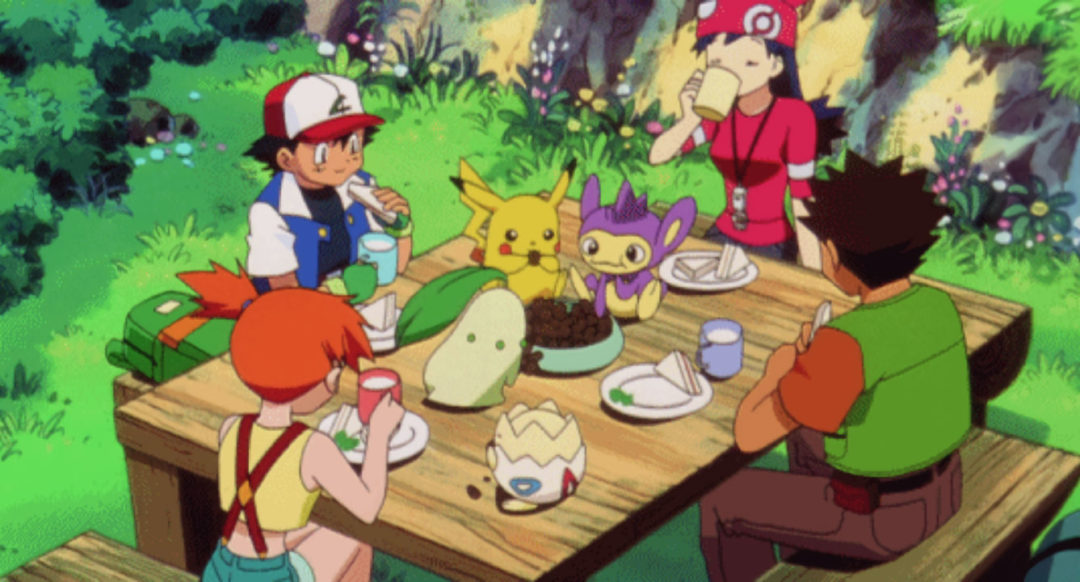A version of this piece previously appeared on Flixist.
Avengers: Endgame has fast become a part of history. With its monumental $1.3 billion opening weekend, the film was nothing short of a cultural event, solidifying the MCU in modern history. Yet in the hype it’s easy to forget why it’s become so popular. Vox insightfully referred to the Marvel catalogue as “pop culture’s most sustained response to tragedy” — and it’s my view that Endgame is the most powerful response we have in popular culture today to the seismic shift of 9/11.
In the years since 2001, culture has transformed as it’s responded to the West’s defining tragedy. The Guardian ran a feature in 2004 exploring how Marvel comics of that time dealt with 9/11, including a look at Marvel’s “Moment of Silence,” a project in honor of the first responders to the events. Fast forward nearly a generation later and the discussion about pop culture informed by 9/11 hasn’t slowed. Vox suggested in 2015 that the superhero formula has attempted to rewrite 9/11. Tom Pollard’s book Hollywood 9/11 explores how the entire blockbuster movie machine has adapted to our post-traumatic state.
Cinema has always been a reflection of our shared cultural moment. After World War I, we had German Expressionism — a lament for the horrors of the war and a distortion of the violent fallout. After WW2, Film Noir reflected the paranoia and fear that gripped the globe. Now, in the 21st century, the highest-grossing franchises deal with superhumans, fantasy, extreme violence, and radicalization. These stories reflected us as we want to be, polarizing good and evil, bringing justice where we were powerless to do so before.
When it comes to Endgame, I’m intrigued because it’s the most obvious allusion to a post-9/11 world of any MCU film I’ve seen. The entire first act — treating the end of Infinity War with grave sincerity — is a lament for the lost. Having lived with this grief for 5 years, the characters are hopeless. Support groups meet and, try as they might to see the good in life, they’re surrounded by the physical debris that remind them of the past. The film’s slow pacing, much commented on, lends well to this air of lamentation. In the same way, the world post-9/11 hardly feels like it used to. We have become accustomed to frequent acts of gun violence; we are still recovering from the Great Recession.
Endgame reflects how our shared fictional world and our real 21st century world can feel equally hopeless. When Scott Lang re-emerges from the Quantum Realm, life as he knows it has been turned upside down. He attempts to talk to a passing child in San Francisco, asking what’s happened, but the boy’s reaction is silence, as if the sorrow is too great. His despondency in cycling away without a word to me indicates that the collective voice has been silenced, through apathy, denial, or both. The memorial the increasingly discombobulated Scott stumbles on is so eerily reminiscent of Ground Zero it gave me chills. We’re dreading the moment Scott finds his daughter’s name, but instead he finds himself — as if he’s been erased from history. It evoked a profound feeling of dread; an experience of the utter horror of being “lost.”
This sense of self-erasure runs through the narrative. As Tony Stark states: “In losing half the population of all living things on earth, we lost part of ourselves.” Black Widow can’t help but feel dejected after yet another conference call with the remaining scattered heroes. “What else have I got?” she asks, as desperate as she is weary. Hawkeye, disillusioned by grief, traverses the globe attempting to violently punish anyone he can for his loss. “Don’t give me hope,” he says to Black Widow once she tries to bring him back into the Avengers fold. Even Thanos himself confronts the fact that grief stricken survivors are unable to perfectly adapt to their loss despite his belief that the genocide would make the universe more stable. Every storyline in Endgame mirrors our fundamental need for connection with others, the sense of loss we feel without it, and how there is no perfect recovery if those connections are severed.
As Todd VanDerWuff wrote on the 15th anniversary of the attack, Avengers: Age of Ultron has a scene that is a haunting recreation of a photo of businessmen running from the collapsing World Trade Center on 9/11. But if Ultron was a reflection of the tragedy and its immediate response, Endgame is a reflection of the longer term fallout we’re still experiencing.
It would be grotesque to simply align the Avengers as ‘the West’ and Thanos as ‘terrorism’, but the Mad Titan does in part embody post-9/11 anxiety about unstoppable ideological threats. That Thanos isn’t a cackling villain, that he believes he’s doing good, humanizes him. Being human and an “inevitable” natural force as he describes himself means he’s like us and that he can, if we choose, forgive him. I found this truth uncomfortable. So, too, did the Avengers. Unable to bring back his loved ones and unable to forgive, Thor beheads Thanos. And Thor finds it difficult to forgive himself for perpetuating Thanos’ brutal methods afterward. Endgame is a ultimately a redemptive time travel fantasy where the lost are returned to life but our heroes — Thor brought low, Captain America finally giving up his fight, Hulk stripped of his humanity, and both Iron Man and Black Widow dead — are still scarred.
In the wake of tragedy, people don’t want to speculate about the root cause. They want solidarity. They want comfort. And they want a cathartic solution. And where better to explore that desire than in the security of a story in which we’re the heroes, where our authority and empowerment is exaggerated to epic proportions? Endgame’s fantasy is ultimately one of closure. It depicts a world where, no matter what terrible things have happened, redemption is possible. Families are reunited and hope is restored — the message is to make the most of life and to appreciate those around us because life is fragile and shouldn’t be taken for granted. We may never fully recover from our wounds but we can learn to live with them.





Published: May 8, 2019 03:30 pm